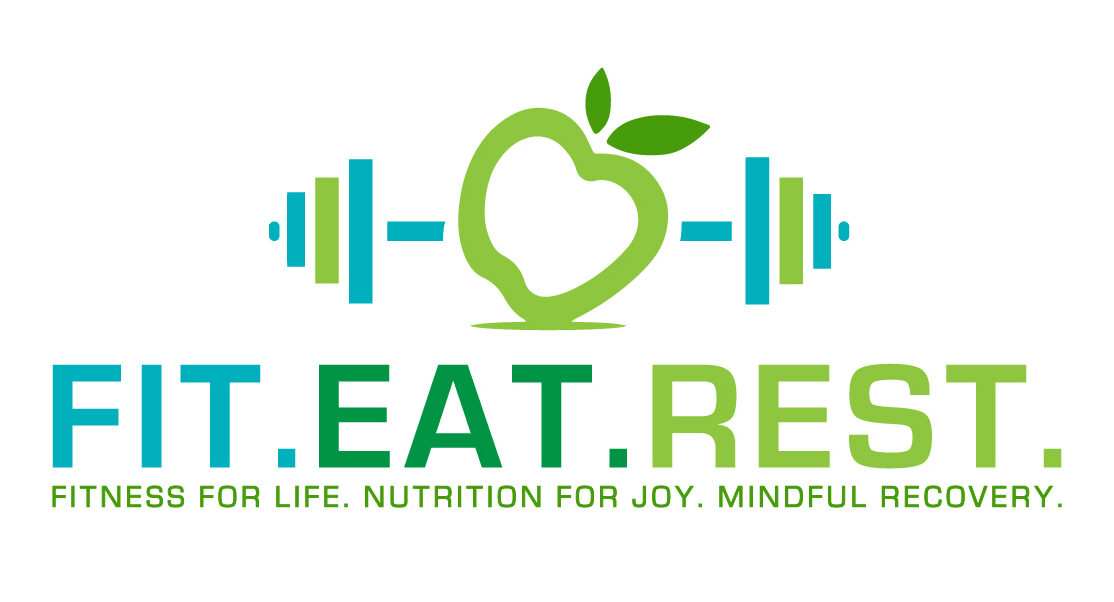
As you get older, you might notice physical and mental changes in your body. One of the more challenging transformations is the dynamics of your sleep - both the quantity and quality of the rest. Understanding the nuances of how aging affects sleep can help you develop strategies to promote healthy sleep patterns.
Changes in Sleep Architecture
As you age, there is a decline in deep, restorative sleep, especially in the slow-wave sleep (SWS) phase. Older adults often experience more fragmented sleep with frequent awakenings during the night. This trend can make your sleep less efficiently overall and make you more susceptible to disturbances, ultimately contributing to feelings of fatigue and daytime grogginess. If you think you are getting a certain amount of sleep according to when you go to bed and when you wake up, think again. Subtract the blocks of restlessness and you are at a sleep deficit. The good news is that you can make up for it by finding rest throughout the day with naps.
Circadian Rhythm Shifts
Aging also influences the circadian rhythm, the internal body clock regulating the sleep-wake cycle. You might have stayed up late at a younger age but now you suddenly discover you are a “morning person”, all because you now go to bed and wake up earlier. This shift can sometimes lead to advanced sleep phase syndrome - feeling sleepy in the early evening and waking up early in the morning. A good strategy to use here is aligning daily activities with these altered circadian rhythms, so you can maintain a consistent sleep schedule.
Increased Susceptibility to Sleep Disorders
Sleep disorders become more common as you age, partially due to medical conditions and medication effects but also for psychological factors like anxiety and depression. Some examples are insomnia, sleep apnea, restless legs syndrome, and periodic limb movement disorder. The best strategy here is identifying the root cause of the disorder and/or correct diagnosis, so you can improve overall sleep quality and address health risks associated with untreated sleep disturbances.
You can still get a good night’s sleep as you age. By acknowledging the unique challenges and utilizing available resources, working with your doctor, you can enhance the quality of sleep.
Resources:
National Institute on Aging (NIA)
The NIA provides comprehensive information on the aging process, including its impact on sleep. Their website offers resources, research findings, and tips for healthy aging, addressing various aspects of senior well-being, including sleep.
Sleep Foundation: Aging and Sleep
The Sleep Foundation offers a dedicated section on how aging affects sleep. This resource delves into the changes in sleep patterns, common sleep disorders in older adults, and practical advice for promoting better sleep among the elderly.
American Academy of Sleep Medicine (AASM)
AASM is a reliable source for information on sleep medicine. Their website provides insights into sleep disorders prevalent in older adults and offers guidance on diagnosis and treatment options.

